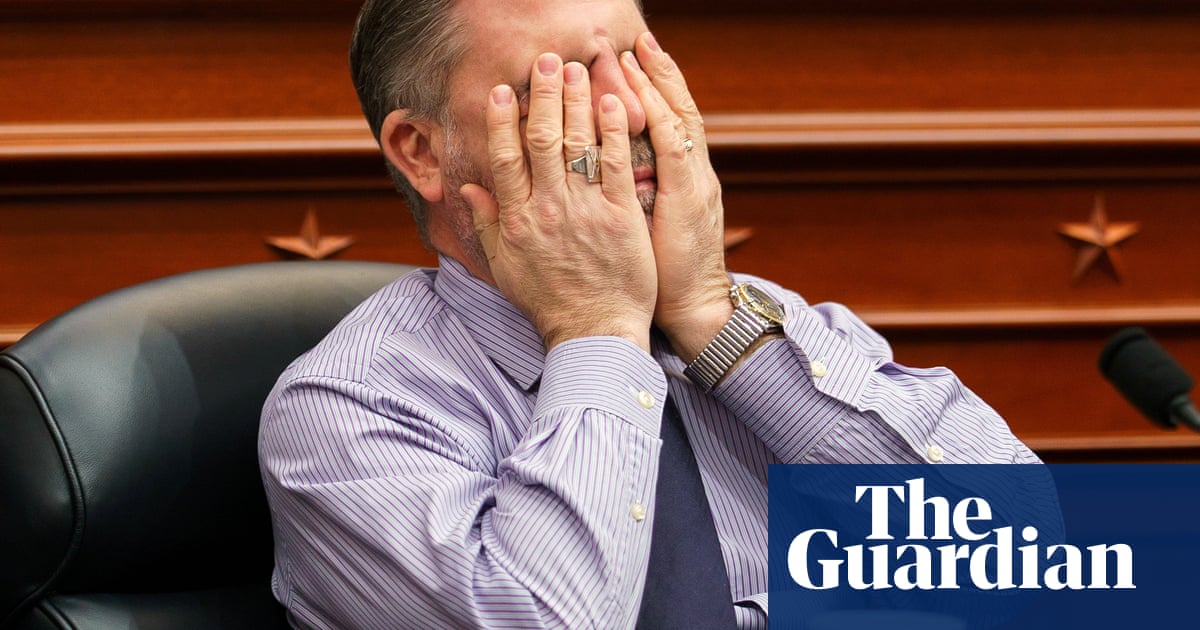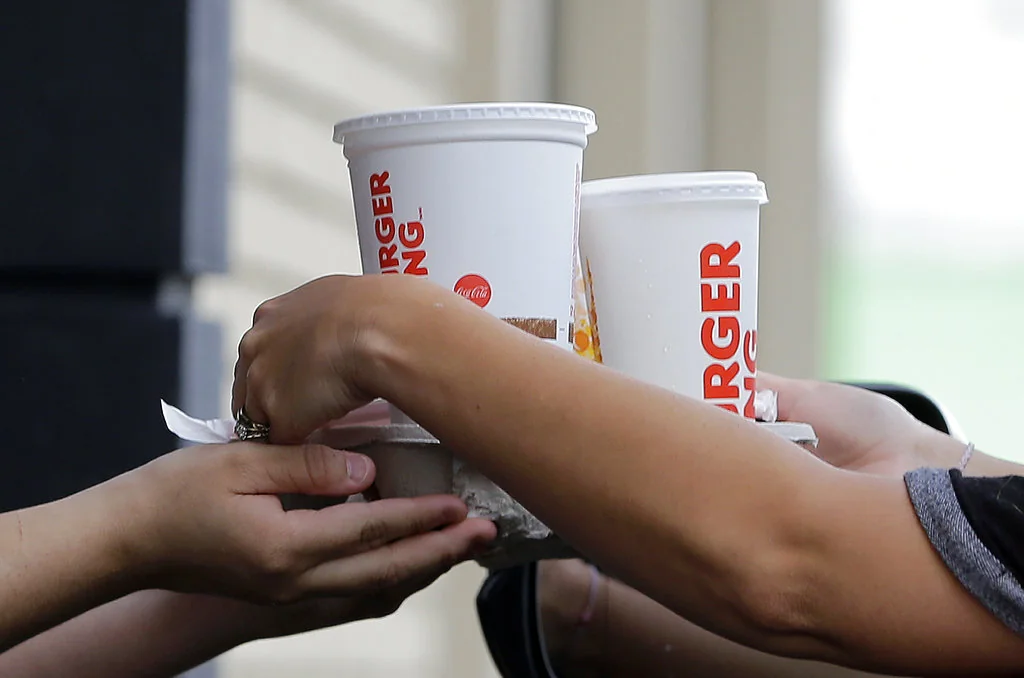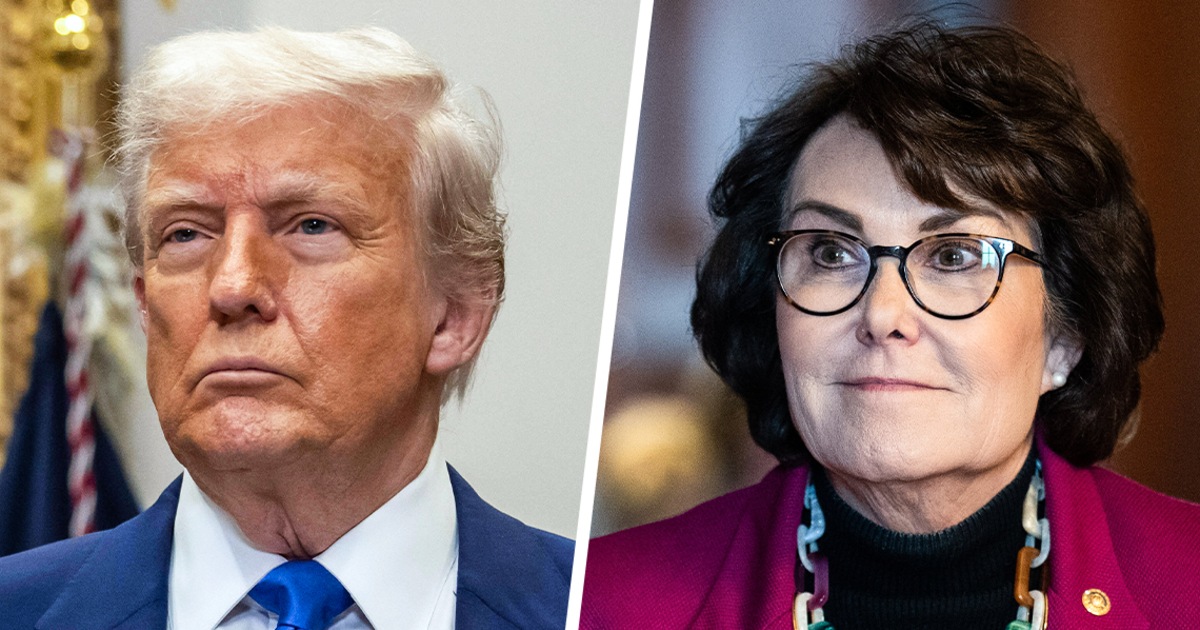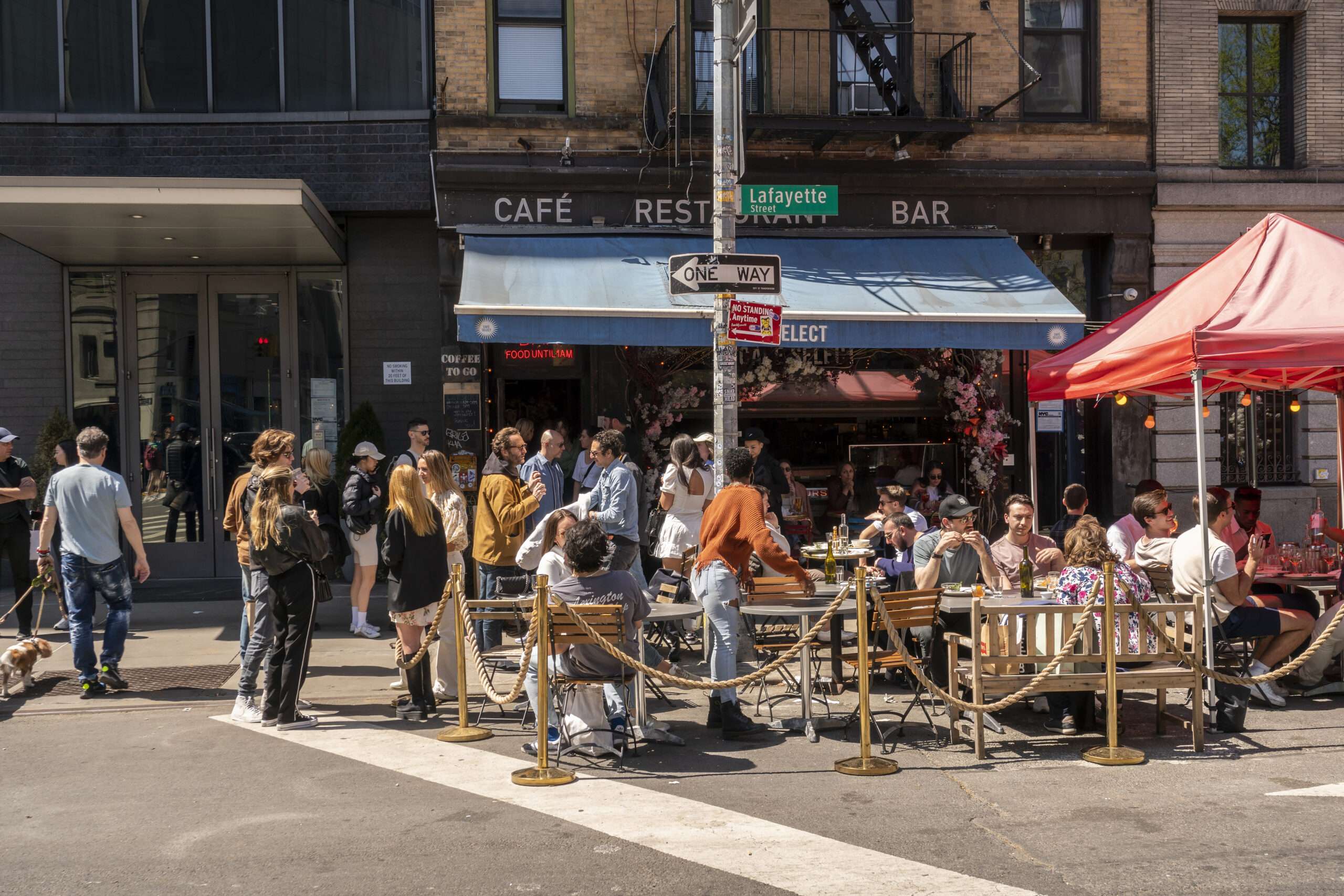House Passes Major Tax and Spending Bill, Including No Tax on Tips Act
The House approved a sweeping bill that includes tax breaks for tips, spending cuts, and border security funding, advancing Trump's agenda.
Overview
The House of Representatives narrowly passed the "One Big Beautiful Bill Act," a comprehensive tax and spending package that includes the No Tax on Tips Act, allowing service workers to deduct up to $25,000 in tips from taxable income. This legislation, which aligns with President Trump's 2024 campaign promises, aims to provide financial relief to service workers while also extending tax cuts from his first term. The bill, however, faces criticism for potential negative impacts on low-income Americans due to cuts in social programs and increased work requirements for Medicaid and food aid. It now moves to the Senate for further consideration.
Content generated by AI—learn more or report issue.

Get both sides in 5 minutes with our daily newsletter.
Analysis
- The articles present a neutral tone on the legislative package approved by House Republicans, detailing tax cuts and spending changes.
- Critics express significant concern over the Trump-backed bill, arguing it favors the wealthy and harms vulnerable populations.
- The articles reflect a mixed sentiment, acknowledging both support for Trump's agenda and opposition from Democrats regarding social program cuts.
Articles (19)
FAQ
The One Big Beautiful Bill includes the No Tax on Tips Act allowing service workers to deduct up to $25,000 in tips from taxable income, spending cuts, border security funding, extension of tax cuts from Trump's first term, and provisions like Medicaid work requirements and prohibitions on Medicaid funding for gender transition procedures for minors.
The No Tax on Tips Act allows service workers to deduct up to $25,000 in tips from their taxable income, providing them with significant financial relief by reducing the tax burden on their tip earnings.
Critics argue that the bill could negatively impact low-income Americans because it includes cuts to social programs and increases work requirements for Medicaid and food aid, potentially making access to these supports more difficult for vulnerable populations.
The bill requires states to establish Medicaid work requirements, changes eligibility criteria, and prohibits Medicaid funding for gender transition procedures for minors; it also imposes more stringent conditions on food aid programs.
After the House passage, the One Big Beautiful Bill moves to the Senate for further consideration and debate before it can become law.
History
- 1M

 3 articles
3 articles
- 1M

 3 articles
3 articles












